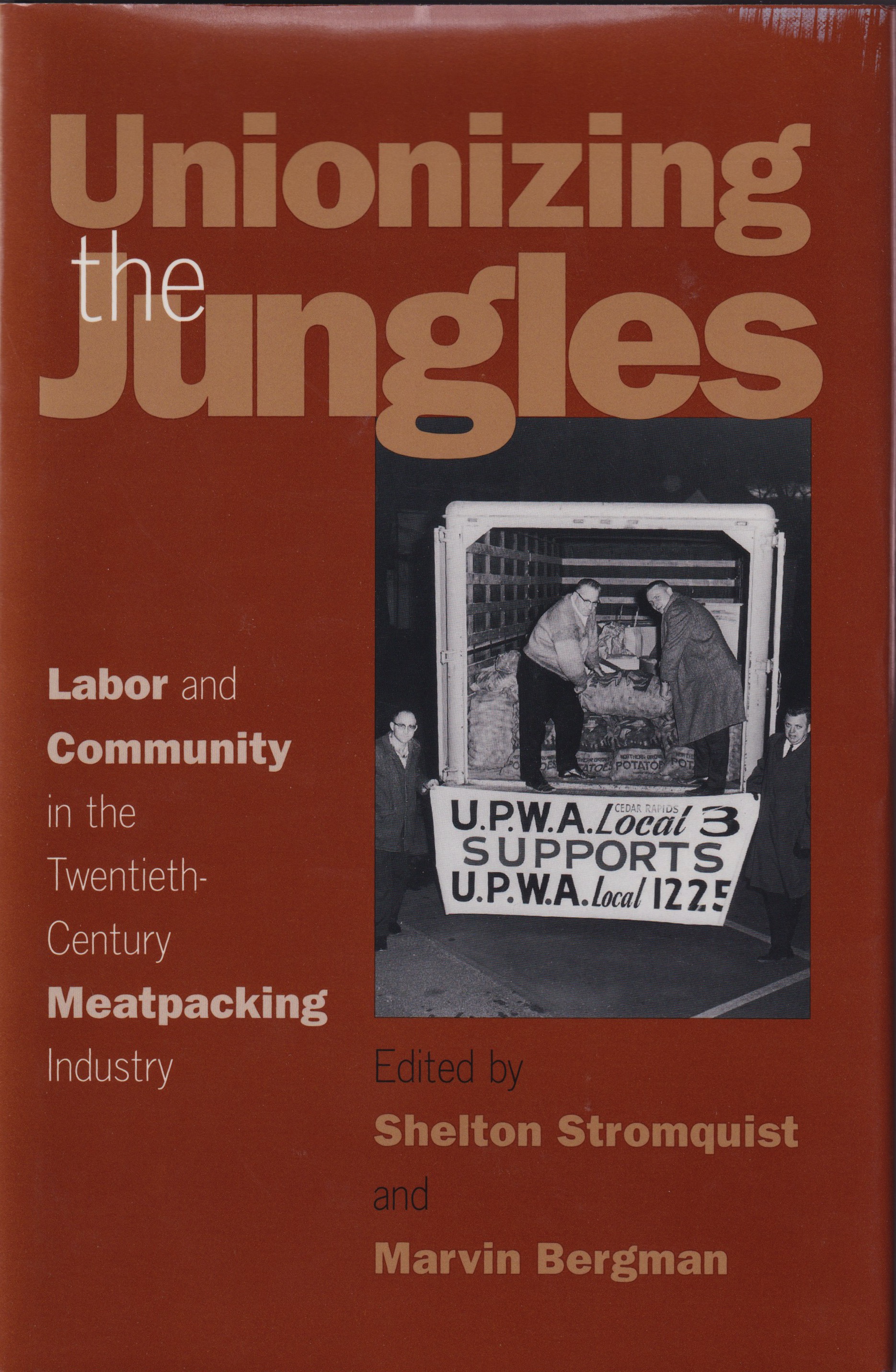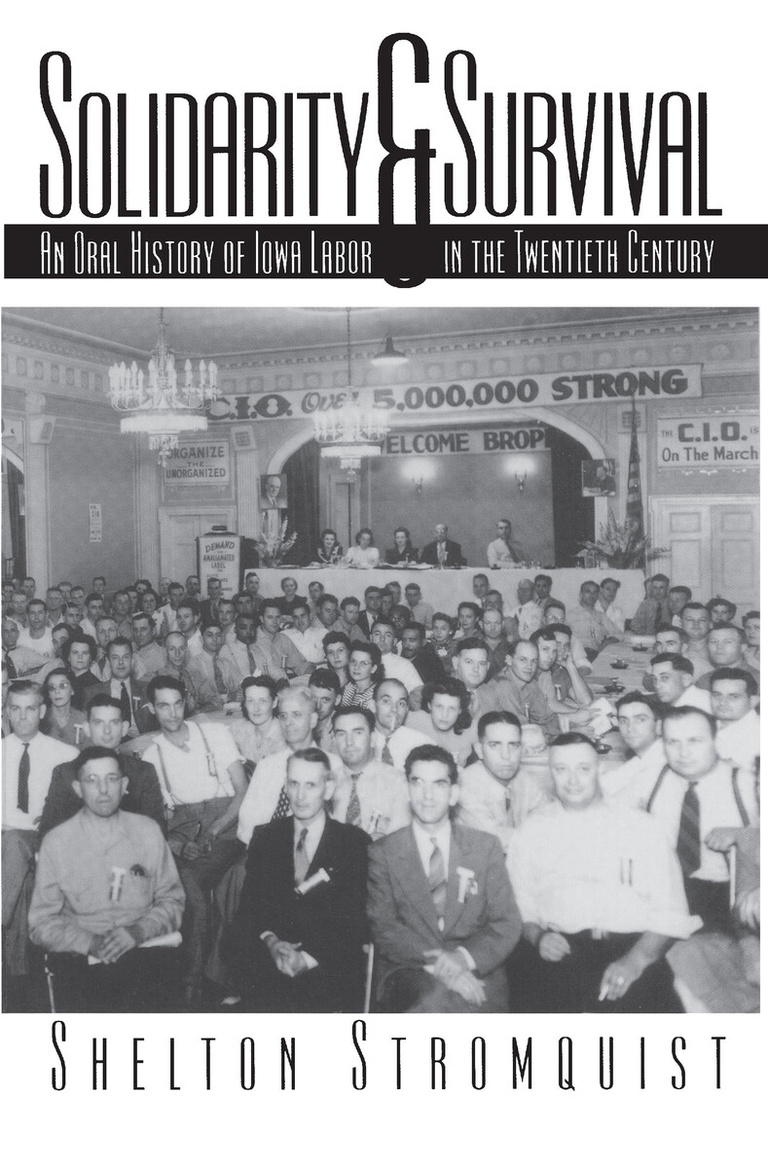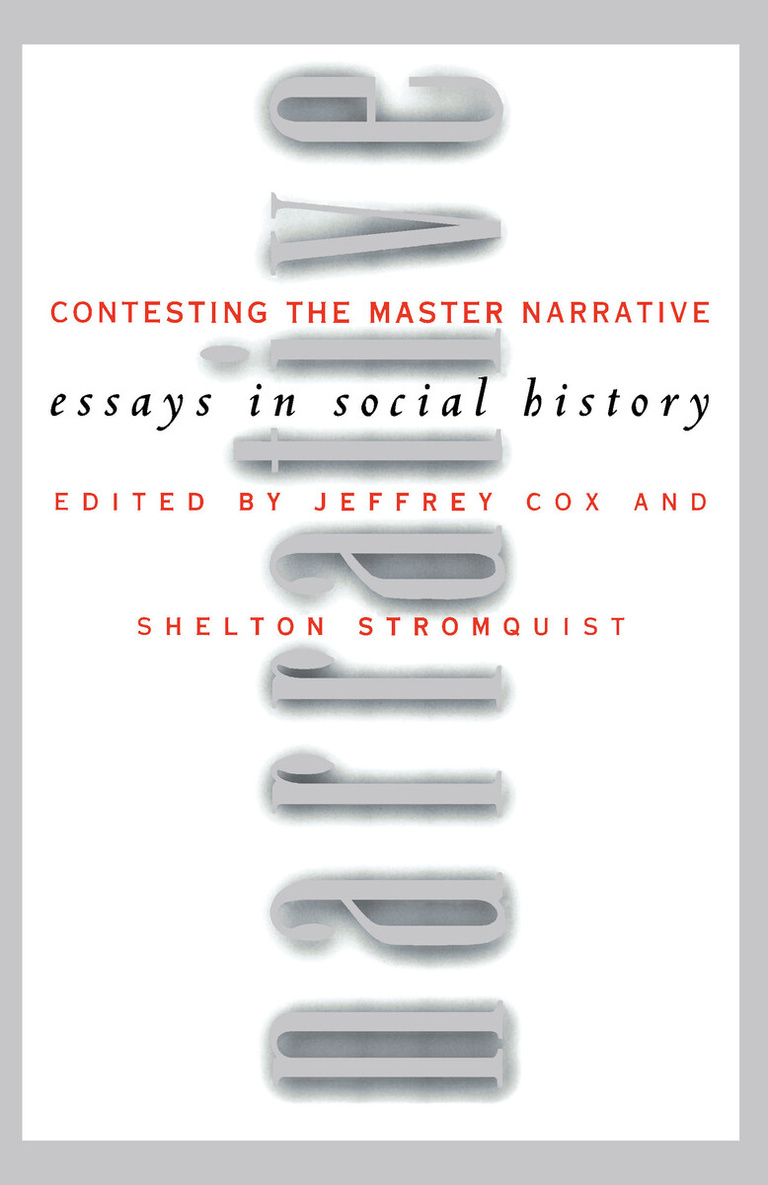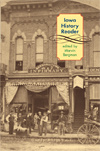After Upton Sinclair's powerful novel appeared in 1906, “the jungle” became a compelling metaphor for life and work in the nation's meatpacking industry. Harsh living and working conditions from the killing floor to the hide cellar to the packingtowns, cycles of overwork and underemployment, and the ever-present crowds of new and unskilled laborers characterized an often-violent industry in which the appetite of workers for the protection of unions was exceeded only by the zeal of their employers to prevent workers from organizing. Unionizing the Jungles—which originated in a seminar at the University of Iowa sponsored by the Center for Recent United States History—brings together historians and anthropologists whose studies of various phases of the meatpacking industry, its unions, and its impact on communities in the twentieth century both raise and answer important questions.
The rise and decline of industrial unionism in the packinghouse industry is a unique story that casts into bold relief the conflicts between labor and capital and the tensions based on race and gender in a perpetually changing workforce. The essayists in Unionizing the Jungles discuss the structurally distinctive features of the packinghouse industry—such as the fact that violence and extreme antiunionism were central elements of its culture—the primary actors in the union-building process, the roots of the distinctive interracialism of the United Packinghouse Workers of America and the explosion of industrial unionism in the 1930s, and the community-based militant unionism of the Independent Union of All Workers. Central themes throughout these essays include the role of African American workers, the constant battle for racial equality, and the eruption of gender conflict in the 1950s. Structural and technological changes in the corporate economy, the increased mobility of capital, and a more hostile political economy all contributed to the difficulties the labor movement faced in the 1980s and beyond.
Focusing on the workplace and the community as arenas of conflict and accommodation, the new labor historians in these vigorous essays consider the historical and contemporary problems posed by the development of the packinghouse industry and its unions and reflect on the implications of this dramatic history for the larger story of the changing relations between labor and capital in mass production.
“If you want a well-textured feel for the revolutionary transformation that has taken place in the social and technological character of American capitalism, you should read this exciting and important collection of essays assembled by Shelton Stromquist and Marvin Bergman.”—Nelson Lichtenstein, Department of History, University of Virginia
“Unionizing the Jungles recounts the struggle of working men and women—black and white, immigrant and native born—to improve wages and working conditions in the meatpacking industry since Upton Sinclair's time. This collection is essential reading for anyone interested in the history of labor, trade unions, or meatpacking in America.”—Donald D. Stull, coeditor, Any Way You Cut It: Meat Processing and Small Town America
Introduction
Unionizing the Jungles, Past and Present by Shelton Stromquist and Marvin Bergman
The Swift Difference: Workers, Managers, Militants, and Welfare Capitalism in Chicago's Stockyards, 1917-1942 by Paul Street
Organizing "Wall-to Wall": The Independent Union of All Workers, 1933-1937
Race and Radicalism in the Chicago Stockyards: The Rise of the Chicago Packinghouse Workers Organizing Committee by Rick Halpern
"This Community of Our Union": Shopfloor Power and Social Unionism in the Postwar UPWA by Roger Horowitz
The Limits of Social Deomocratic Unionism in Midwestern Meatpacking Communities: Patterns of Internal Strife, 1948-1955 by Wilson J. Warren
"The Only Hope We Had": United Packinghouse Workers Local 46 and the Struggle for Racial Equality in Waterloo, Iowa, 1948-1960 by Bruce Fehn
Challenges to Gender Inequality in the United Packinghouse Workers of America, 1965-1974 by Dennis A. Deslippe
Reorganizing Inequity: Gender and Structural Transformation in Iowa Meatpacking by Deborah Fink
Storm Lake, Iowa, and the Meatpacking Revolution: Historical and Ethnographic Perspectives on a Community in Transition by Mark A. Grey
Notes on Contributors
Index



